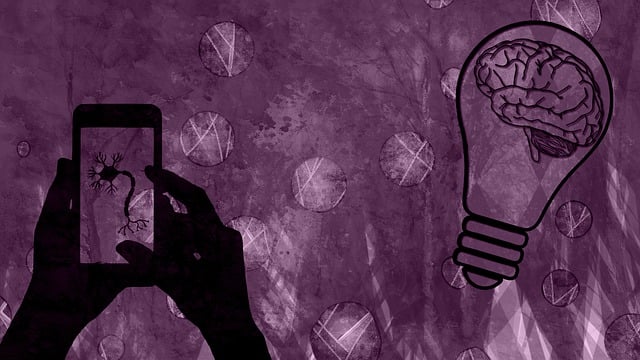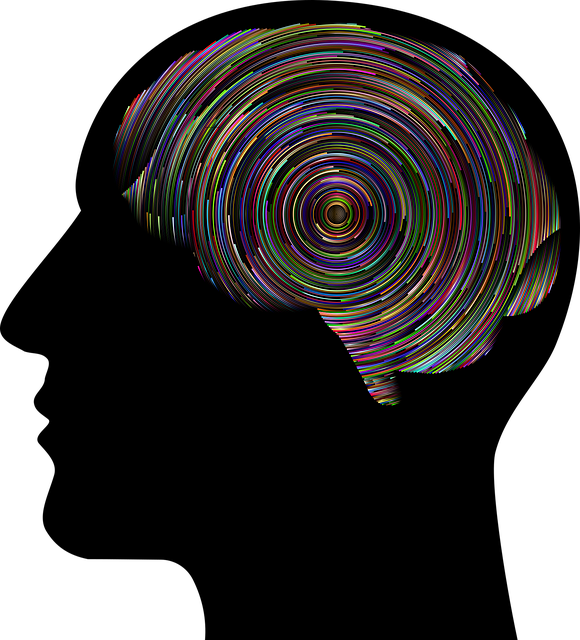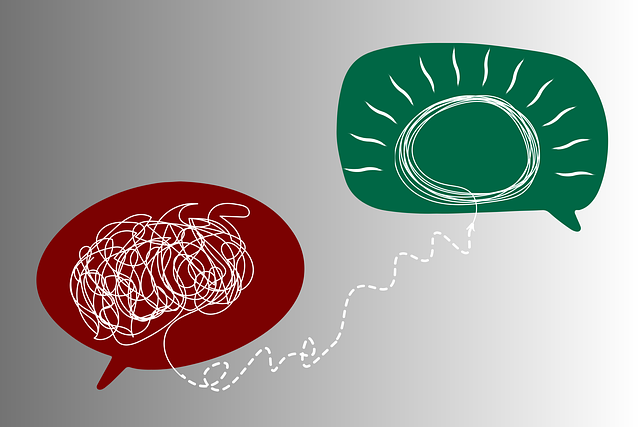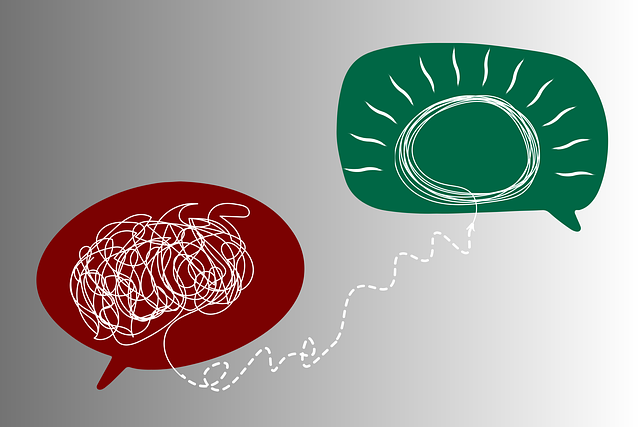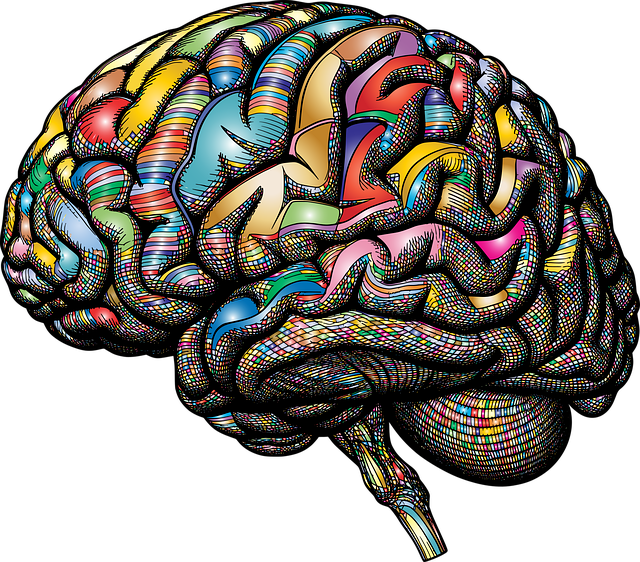Diagnosing mental illnesses accurately is challenging due to their complexity, subtle symptoms, comorbidities, and cultural influences. Parker Dialectical Behavioral Therapy (DBT), an evidence-based method developed by Dr. Marsha Linehan, offers a comprehensive approach addressing emotional regulation, distress tolerance, and interpersonal effectiveness. Tailored Community Outreach Programs and the Mental Wellness Podcast Series enhance DBT's accessibility and benefits. Integrating AI into diagnosis, alongside practices like DBT, promises more accurate, personalized assessments, early intervention, and tailored treatments, potentially revolutionizing mental healthcare with improved access and efficacy.
Mental illness diagnosis accuracy has long been a subject of concern, with many individuals receiving incorrect or delayed treatment. This article explores targeted efforts to improve diagnostic precision, focusing on strategies such as the Parker Dialectical Behavioral Therapy (DBT), integration of evidence-based assessment practices, and stigma reduction. By examining these approaches, we uncover innovative ways to enhance mental health care delivery. Additionally, we discuss the potential future role of technology and AI in transforming diagnosis, promising a more efficient and effective system.
- Understanding the Challenges of Mental Illness Diagnosis
- The Role of Parker Dialectical Behavioral Therapy (DBT) in Enhancing Accuracy
- Integrating Evidence-Based Practices for Better Assessment
- Overcoming Stigma and Bias: A Key to Diagnostic Success
- Future Directions: Technology and AI's Impact on Diagnosis
Understanding the Challenges of Mental Illness Diagnosis

Diagnosing mental illnesses accurately is a complex task due to their diverse nature and often subtle symptoms. The complexity intensifies when considering that many individuals may present with comorbid conditions, where multiple disorders coexist. This scenario adds layers of difficulty for healthcare professionals, as they must untangle intricate symptom patterns to arrive at precise diagnoses. For instance, the manifestations of depression can vary widely, from persistent sadness to heightened irritability, making it akin to navigating a labyrinth without a map.
Additionally, cultural and societal factors play a significant role in diagnosis. What may be considered typical behavior in one community might be indicative of a mental health struggle in another, emphasizing the need for culturally sensitive approaches. The Parker Dialectical Behavioral Therapy (DBT) is one such evidence-based method that has gained prominence for its effectiveness in treating various mental health conditions, including borderline personality disorder and depression. This therapy incorporates mindfulness, emotional regulation, and conflict resolution techniques, which can be especially beneficial in diverse populations through tailored Community Outreach Program Implementations. Moreover, the Mental Wellness Podcast Series Production can offer accessible educational resources, reaching a broader audience with evidence-based practices to foster early intervention and accurate diagnosis.
The Role of Parker Dialectical Behavioral Therapy (DBT) in Enhancing Accuracy

Parker Dialectical Behavioral Therapy (DBT) offers a promising approach to enhance the accuracy of mental illness diagnoses. This evidence-based therapy, pioneered by Dr. Marsha Linehan, focuses on teaching individuals skills to regulate emotions, tolerate distress, and improve interpersonal effectiveness. By integrating cognitive and behavioral techniques with acceptance-based strategies, DBT empowers clients to navigate their emotional experiences more adaptively, which can lead to clearer assessment and diagnosis.
The application of Parker DBT goes beyond individual therapy sessions. It includes group training, coaching, and consultation, fostering a collaborative environment that benefits both patients and healthcare providers. This comprehensive approach addresses not only the symptoms of mental illness but also promotes resilience and coping mechanisms, contributing to more precise diagnoses. Additionally, by emphasizing cultural sensitivity in mental healthcare practice, as supported by Mental Health Policy Analysis and Advocacy, DBT helps professionals understand the influence of cultural factors on presentation and interpretation of symptoms, further enhancing diagnosis accuracy while respecting diversity. Burnout prevention strategies for healthcare providers are also integrated, ensuring that therapists remain equipped and resilient to deliver high-quality care.
Integrating Evidence-Based Practices for Better Assessment

Integrating evidence-based practices is a strategic approach to enhance mental illness diagnosis accuracy. By adopting techniques like Parker Dialectical Behavioral Therapy (DBT), professionals can facilitate better patient assessment and understanding. DBT, renowned for its effectiveness in treating borderline personality disorder, offers valuable tools for mood management, emotional regulation, and distress tolerance. These skills can significantly improve a patient’s ability to cope with mental health challenges, making it easier for therapists to accurately diagnose and develop tailored treatment plans.
Additionally, incorporating Mental Wellness Journaling Exercise Guidance and Stress Management Workshops within therapeutic settings can further optimize assessment processes. Regular journaling encourages individuals to reflect on their thoughts and emotions, providing therapists with valuable insights into their clients’ internal experiences. Similarly, stress management workshops equip patients with practical tools for coping, enabling them to demonstrate healthier responses during assessments. Such integrated approaches not only enhance diagnostic accuracy but also contribute to improved mood management and overall mental wellness.
Overcoming Stigma and Bias: A Key to Diagnostic Success

Overcoming stigma and bias is a pivotal step in enhancing mental illness diagnosis accuracy. Historically, societal biases have clouded professional judgments, leading to misdiagnoses or delayed treatment. Stigma often stems from misinformation and fear, causing individuals to hesitate before seeking help or encouraging healthcare providers to approach cases with preconceived notions. This needs to change. By fostering an environment that promotes understanding and empathy, we can significantly improve diagnostic outcomes.
Integrating evidence-based practices like Parker Dialectical Behavioral Therapy (DBT) plays a crucial role in this transformation. DBT combines cognitive behavioral therapy with compassion cultivation practices and stress management techniques, boosting confidence in both patients and therapists. This comprehensive approach not only enhances the accuracy of diagnoses but also equips individuals with tools to navigate their mental health journeys effectively. Through open conversations, education, and support, we can break down barriers, ensuring that everyone receives the care they need without the shadow of stigma or bias.
Future Directions: Technology and AI's Impact on Diagnosis

The future of mental illness diagnosis holds immense potential with the integration of technology and Artificial Intelligence (AI). AI-powered tools can analyze vast amounts of data, including medical records, patient histories, and even social media interactions, to provide more accurate and personalized assessments. This innovative approach could significantly benefit from evidence-based practices like Parker Dialectical Behavioral Therapy (DBT), which focuses on emotional regulation and coping skills. By combining these advanced technologies with therapeutic techniques, mental health professionals can enhance the accuracy of diagnoses and develop tailored treatment plans.
For instance, AI algorithms can assist in identifying patterns and red flags that might be overlooked during traditional assessments. This early detection could enable Community Outreach Program Implementation, where at-risk individuals receive support before their conditions escalate. Furthermore, AI can facilitate Inner Strength Development by providing adaptive, personalized interventions based on an individual’s progress and emotional Intelligence. Such advancements have the potential to revolutionize mental health care, making it more accessible, efficient, and effective.
Mental illness diagnosis accuracy has seen significant advancements through integrating evidence-based practices, overcoming stigma and bias, and embracing innovative approaches like the Parker Dialectical Behavioral Therapy (DBT). As we look to the future, technology and AI hold immense potential to further revolutionize diagnostic processes, ensuring more accurate and timely interventions. By continuing to refine assessment methods and fostering an environment free from prejudice, we can improve patient outcomes and offer hope to those struggling with mental health challenges.
